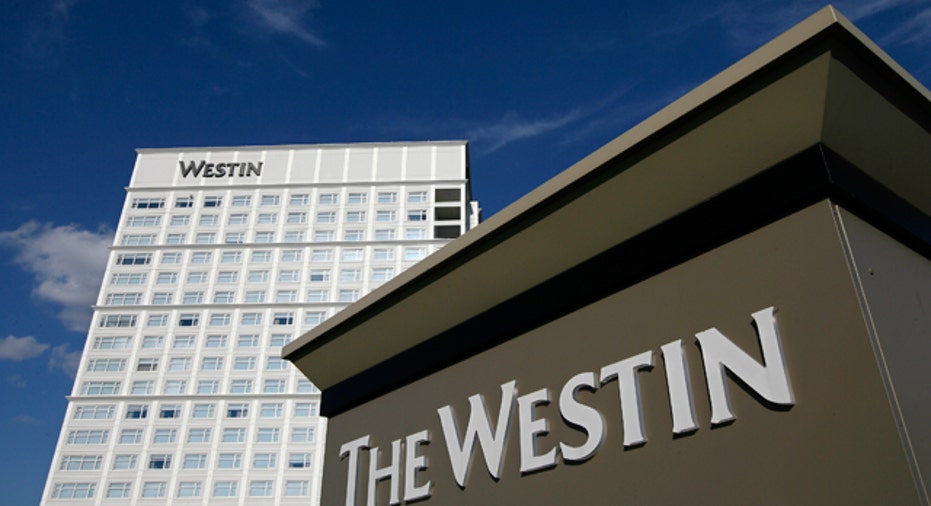Travel Bargaining Like the Big Guys

It's no secret that travel expenses have become increasingly burdensome for businesses of all sizes. Small businesses are feeling the heat from increased prices for not only airfare but also lodging.
Unlike larger companies, small businesses have fewer bargaining tactics when it comes to booking hotels, according to Kyle Rogg, SVP of Business Development at CLC Lodging.
"Lodging rates are driven by volume, and small businesses don't have the volume to drive lower rates the way a larger business does," he said. "They don't have the same negotiation leverage to lower prices."
Rogg held a Webinar in partnership with the National Federation of Independent Business Wednesday, which offered tips and tricks for entrepreneurs to save on lodging fees.
Here is Rogg's advice for small companies looking to bargain for deals on travel:
No. 1: Buy less. When booking a business trip for one or more employees, try cost cutting tactics like sleeping two to a room, or not allowing workers to extend the trip for personal vacation. Rogg also said to combine jobs and meetings in one location if possible, to save on having to travel again.
"It's obvious, but you save 100% on the rooms you don't pay for at all," he said.
No 2: Standardize hotel quality. Many companies allow employees to book their own hotels, which may be a time-saving tactic, but could be costing your company extra money.
"Many companies let employees use their own judgment—for one person that might be the Marriott, while another might be a Super 8," Rogg said. "Small businesses should create an expectation to stay in lower, mid-scale hotels or upper, mid-scale hotels so everyone is on the same page."
No. 3: Negotiate. Bottom line—it never hurts to ask.
"Get on the phone and ask for a better rate," Rogg said. "Sometimes it will help, sometimes it won't. The cost of asking isn't high."
No. 4: Concentrate on volume. Even a small business that has its employees doing a substantial amount of traveling can leverage its power, Rogg said. If you control which brands your employees use, it can save you money in the long run.
"Be willing to commit, and deliver on that commitment," he said.
No. 5: Audit. Make sure you are inspecting credit cards, expense reports and booking reports to see what you are spending on employee travel. Have a standard in place for what you are and are not willing to reimburse your employees for, Rogg said.
"You cannot expect what you are unwilling to inspect," he said. "Be diligent to review that data to make sure you're not paying for mini bar charges, extra rooms or food. You shouldn't expect the employee to do that for you."
To access the NFIB's Webinar on lowering your lodging costs, click here.



















